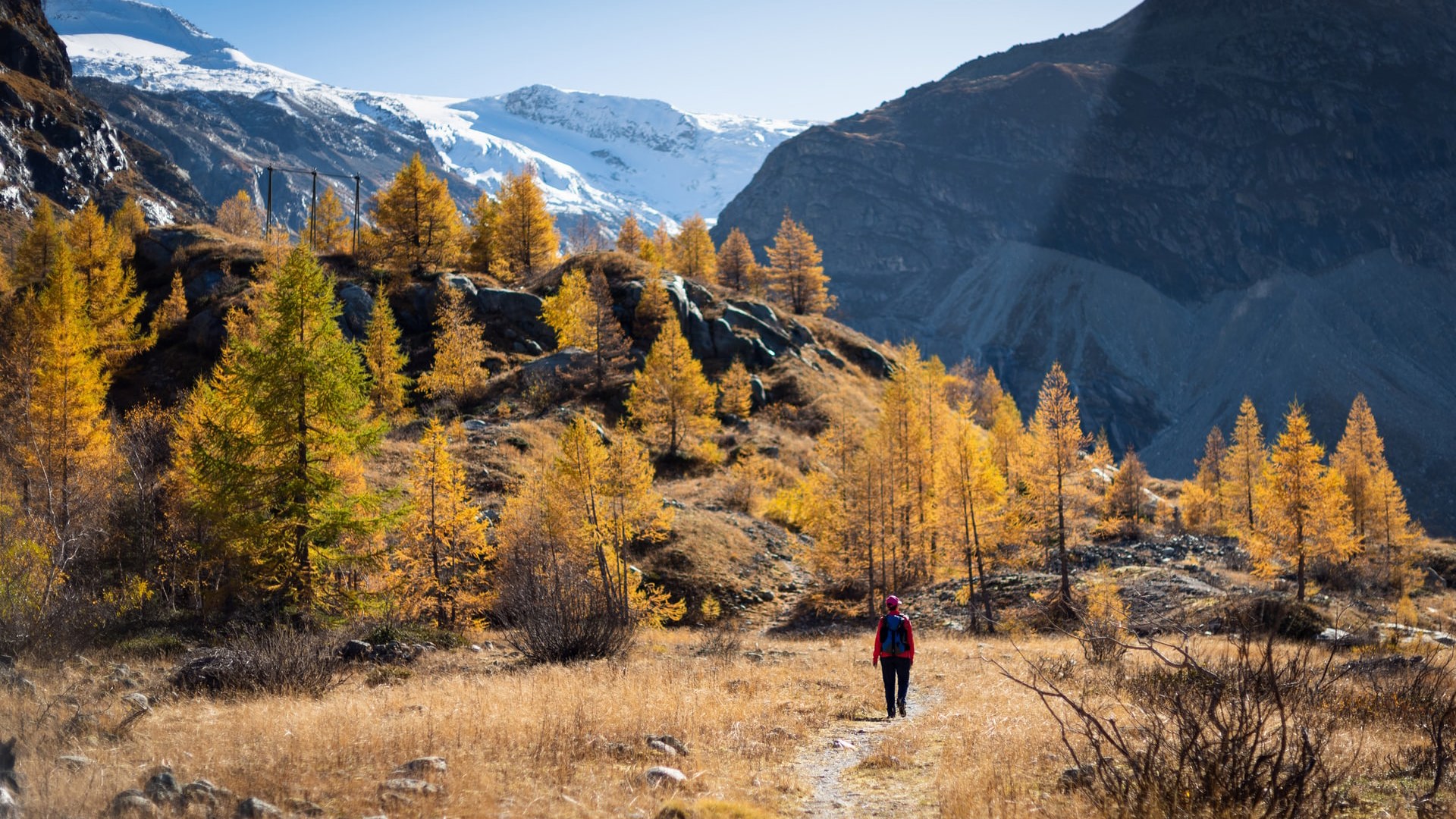
Mental health, naturally
We humans are in the process of rediscovering that spending time outdoors – in daylight, in fresh air, amongst trees, clouds and birds – is necessary for good physical and mental health and fundamentally supports psychological well-being. This process is now supported by modern scientific studies even though we can equally trust our lived experience of feeling nourished, relaxed and expansive when we are outdoors.
Direct contact with Earth’s surface is called 'earthing' or 'grounding'. Regularly standing barefoot on the earth, on grass, sand, rock or soil has been found to transfer a flow of negative electrons into the body and offers a multitude of health benefits including soothing the nervous system, thereby offering support for mood disorders like anxiety.
Spending time amongst trees gives us access to a chemical produced by them called phytoncides, which also has multitude beneficial effects on the human mind and body. The benefits of the ancient Japanese practice called shinrin-yoku, which translates as 'forest bathing', also know as spending time amongst trees, have been well researched.
These two practices are growing in popularity not only because they are now proven to benefit our health, but also because we naturally feel good when we spend time in the natural environments around us. We know this intuitively but have become disconnected through modern lifestyles and conditioning that has taught us that we are separate from nature. We are in a process of collectively remembering that we are nature; therefore, of course we need to spend time in nature in order to feel balanced.
There are many simple ways for anyone to benefit from spending time outdoors in natural environments: exercising outdoors, sitting in a garden or by a tree, wild swimming, bird watching, gardening. You might also enjoy being still in a natural place and just observing how you feel. If you are unable to go out, you can still benefit by opening a window to feel fresh air, to hear the sound of birds or the wind, to watch clouds or trees or by keeping house plants. It has also been shown that when it is not possible to go outside, just looking at images of nature has benefits. However you choose to connect, use as many of your senses as possible – by smelling, hearing, seeing and feeling all of the scents, sounds, sights and textures that are around you. You might also feel connected by consciously eating fruits and vegetables. I believe that simply bringing a conscious intention to connect with natural phenomena is beneficial because with this intention you are acknowledging a primal aspect of your being that longs to be recognised.
It might be inspiring to know that it is possible to experience the benefits of psychotherapy and connecting with nature simultaneously. Many psychotherapists, including myself, now offer counselling and therapy in outdoor spaces. This type of psychotherapy, sometimes called 'ecotherapy', is rooted in the knowledge that our bodies are made from, and nourished by, the earth and that we are born within an environmental context from which we cannot be separate. This helps us see that any imbalance that arises will often have some root in a loss of connection with nature, because this connection is fundamental to who we are as humans. Nature psychotherapy practices can range from simply walking and talking with your therapist in an outdoor environment to actively deepening and exploring your relationship with nature. Many people are now experiencing challenges while living through a pandemic situation, so it is even more important that we find ways to take care of our mental health by consciously reaching out to connect with our natural surroundings and spending time outdoors.
Share
Like most websites, we use cookies. If this is okay with you, please close this message or read more about your options.


